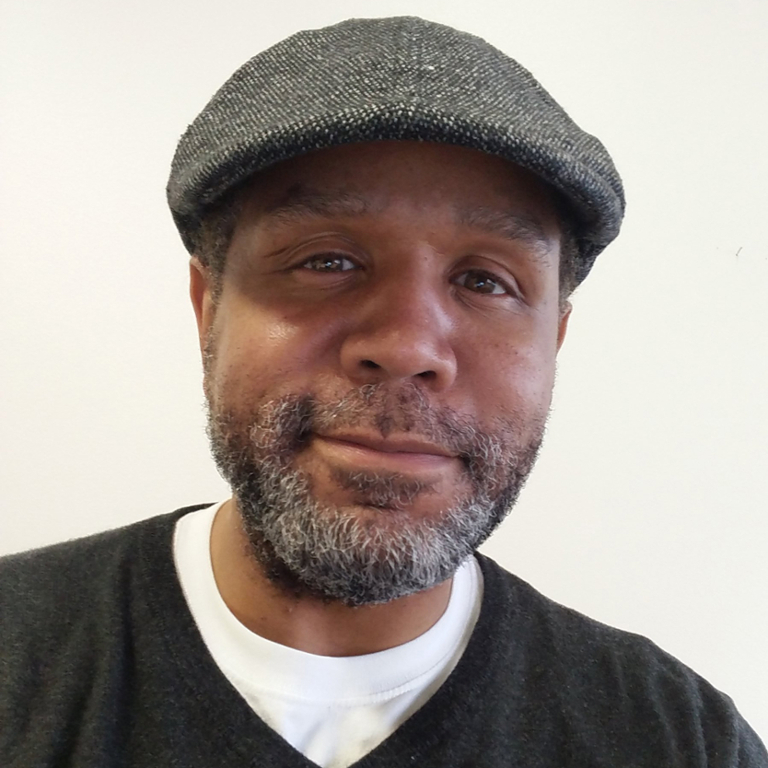Q&A with Lasana Kazembe, redefining how academia thinks about creative scholarship
Lasana Kazembe, assistant professor in the IU School of Education at IUPUI, has dedicated his career as a Black scholar to studying sociocultural foundations of education. He plans on using his cohort of IUPAH fellows to expand and boost unheard voices in education.
Question: What are your career goals?
Answer: My career goals are to develop and disseminate research and a body of practice that encompasses my lifelong engagement with the lost-found sacred epistemologies (ex., histories, expressive forms, modalities, imaginaries, cultural legacies, folklore lifeways) of Africana peoples. I seek to situate those epistemologies as sites of memory, re-membering, aesthetic interrogation, social activism, pedagogy, creative production and community-engaged practice.
Q: What is your greatest achievement as a scholar?
A: Continually embracing the humbling realization that I inhabit the long shadow and deep footprint of Ancestors and Elders who were/are giants. My vocation is to appropriately, authentically and accurately uphold their example so that I may continue to serve and remain in the tradition.
Q: What are your research interests?
A: As a critical Black scholar, my research interests intersect three interrelated zones of inquiry: Africana history and culture, arts pedagogy and sociocultural foundations of education. My specific research foci involve: theorizing and drawing from the histories, life praxes and thoughtworks of Africana peoples; creating and leveraging art as A.R.T. (A Revolutionary Tool); exploring the role of critical self-reflection, reflective teaching and culturally sustaining pedagogy in education.
Q: What do you see as the importance of this fellowship and related project?
A: The fellowship and my project are vital because both afford the unique opportunity to bring forward (in a major way) work that will expand and deepen how we think about and understand creative scholarship. By providing such generous support to emerging scholars/artists, the fellowship creates potential openings (at the national level) to expand the repertoire of voices and narratives.


